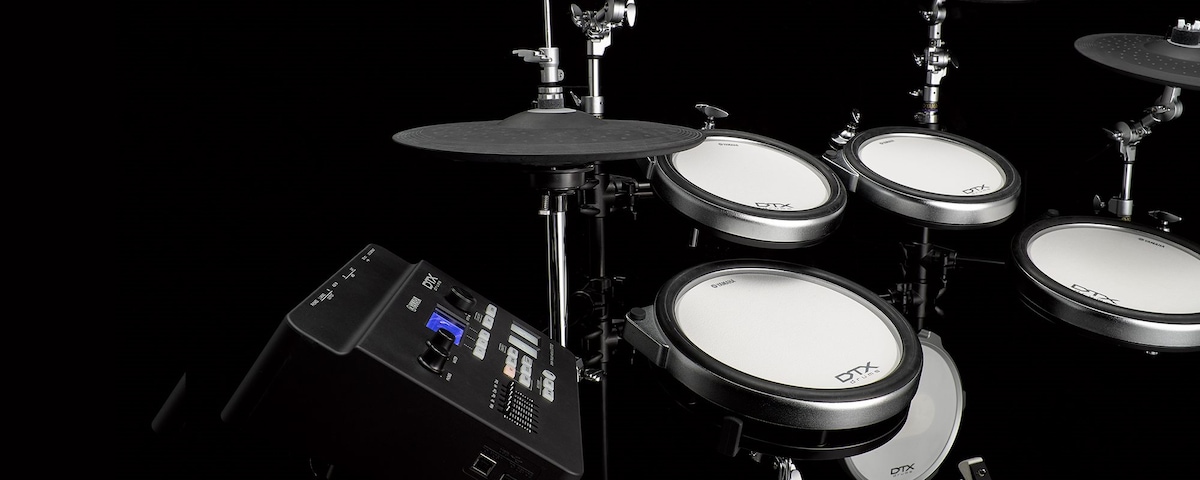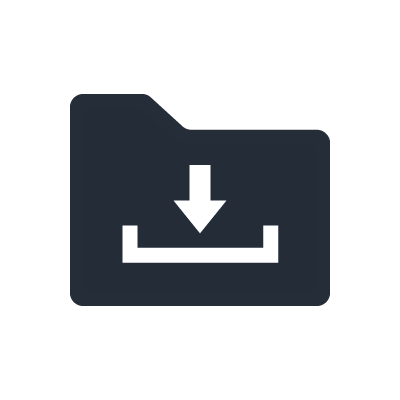DTX700 Series Discontinued
FAQ
Q1: Are there ways to upgrade and expand my DTX700 Series kit?
A1: Yes. The DTX700 module is compatible with all currently available trigger pads, so you can upgrade to any DTX-PAD or PCY cymbal. You can integrate our electronic pads with our acoustic drums - they use the same mounting rod as Stage Custom series on up. You can import up to 64MB of your favorite wave files for expanding the sounds. Additionally, you can use the MIDI out to connect to external tone generators or samplers.
Q2: What is the maximum size of an imported audio sample in the DTX700?
A2: The maximum size of an individual sample on the DTX700 is 4MB for a stereo sample and 2MB for a mono sample.
Q3:Does Yamaha make acoustic drum triggers?
A3: Yes. The DT-10 and the DT-20. Both are low mass with a compact design and shock resistant mount.
Q4: Can I use other triggers such as mesh pads with the DTX700 module?
A4: The DTX700 is optimized for use with Yamaha DTXdrums triggers and pads. Yamaha does not guarantee the performance of triggers from other manufacturers and you will need to adjust various trigger parameters to maximize their performance.
Q5: Can I assign the click sound to its own output?
A5: The Click can be set to come out of either the Output (L/R) + Phones, or Phones Only.
Q6: Can the DTX700 series kits be configured for left-handed players?
A6: Yes.
Q7: Can the DTX700 series kits be configured for a “silent bass drum”?
A7: Yes. There is an input for using the Yamaha HH65 as a “silent” kick pedal.
Q8: What kind of amplification should I use with my DTX700?
A8: Yamaha recommends using a stereo amplification system with a sub-woofer for maximum satisfaction when playing. We offer three models: MS100DR, MS50DR, and MS40DR that each come complete with all the cables you need and mounting brackets to mount the speakers right to the rack at ear level. For the highest output and minimum setup use two Yamaha DSR112 powered speakers setup in stereo.
Q9: What do I get if I move up to the top-of-the-line DTX900 series?
A9: Over 1000 new sounds, 64-note polyphony, up to 512MB sample RAM (w/optional DIMMs), S-PDIF connections, six individual outputs, 2-track sequencer.





